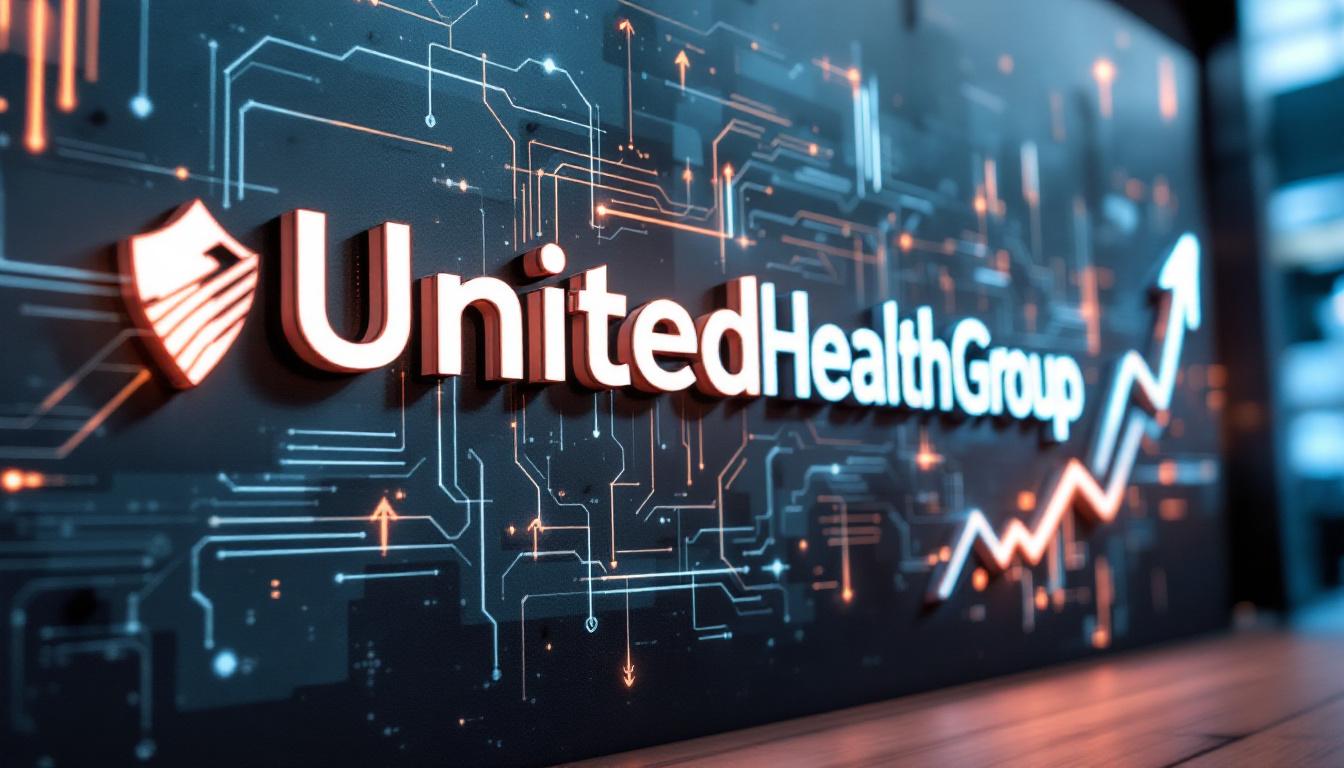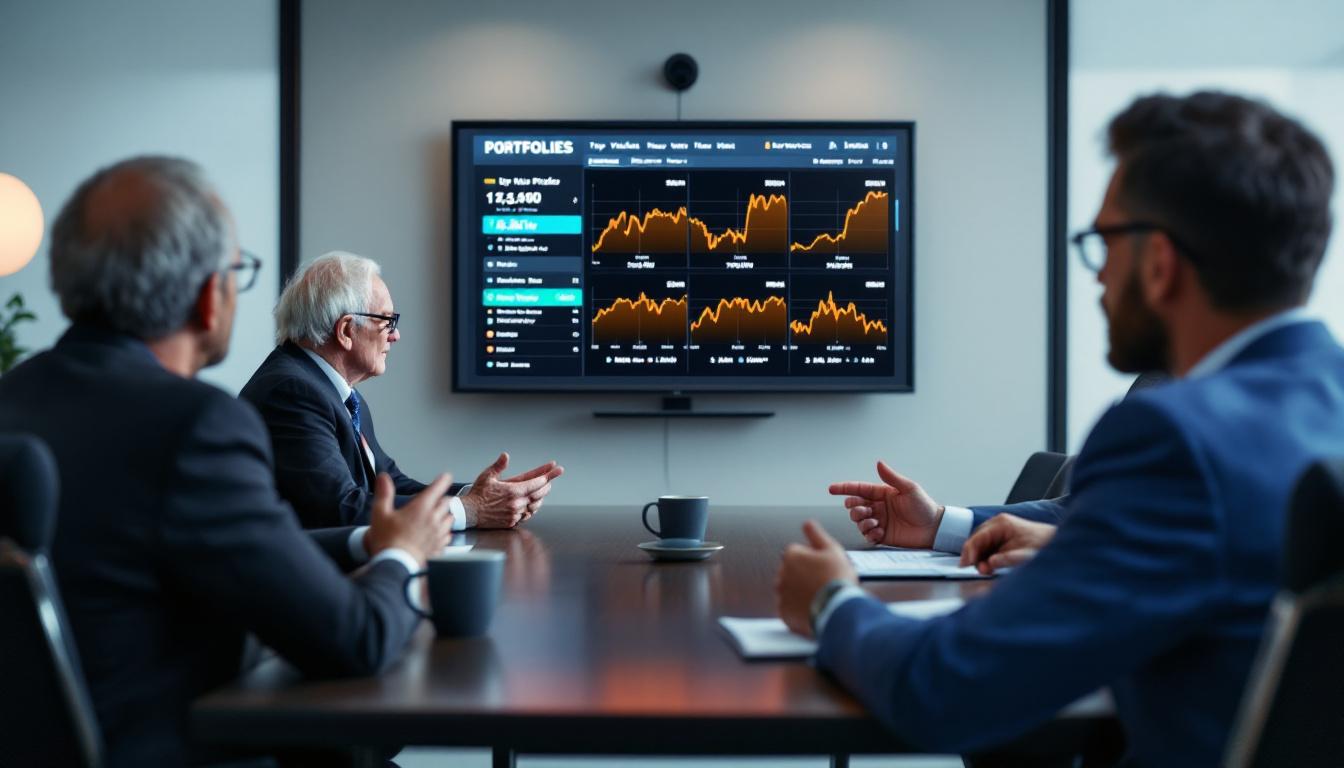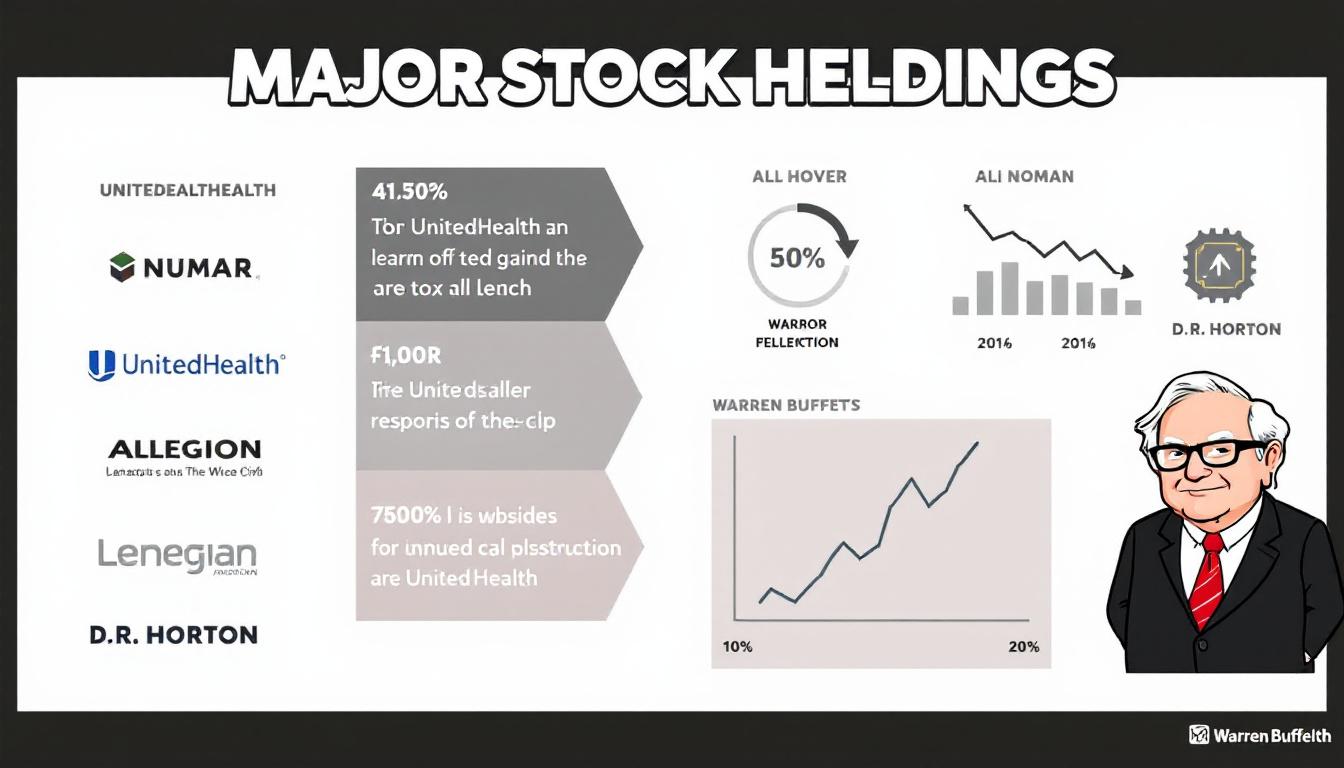Warren Buffett, legendary CEO of Berkshire Hathaway, is famous for moves that baffle even seasoned investors. Every so often, he adds a “mystery stock” to Berkshire’s holdings—buying shares secretly, then revealing them months later to an eager financial world. In 2025, after fresh clues from public filings, CNBC decided to let artificial intelligence loose on the problem: Could AI uncover Buffett’s hidden bet before anyone else?
Here’s what happened, what AI models uncovered, and what it means for investors in today’s wild stock market.
How the “Mystery Stock” Game Works
Under SEC rules, large investors like Berkshire can sometimes temporarily hide new positions from public view—especially when secrecy helps avoid driving up prices during a buy. For decades, Buffett has used this to his advantage, quietly amassing positions in now-iconic stocks like Apple before letting the world know.
In 2025, stock-watchers noticed this pattern in Berkshire’s filings. This triggered a wave of speculation—and a new test: Could artificial intelligence help crack the code faster than Wall Street analysts?
CNBC’s AI Experiment: Feeding the Numbers
Reporters fed multiple AI models a mountain of Berkshire data: recent buying history, clues from 10-Q financials, sector hints, and even past “mystery stock” choices. The prompt: Use only public data—no rumors, no leaks, just Buffett’s numbers.
What did the machines say?
The AI Winner: UnitedHealth Group
Among top predictions, the name that stood out was UnitedHealth Group (UNH). The AI pointed to a Berkshire purchase of more than 5 million shares, valued over $1.6 billion. That makes UnitedHealth the 18th largest stock in Berkshire’s portfolio—a major commitment to healthcare.

Why UnitedHealth? Even though the stock had slumped 50% in 2025 due to regulatory investigations and revised earnings, AI models noted Buffett’s history as a value hunter—buying companies battered by the market but still fundamentally strong. UnitedHealth, a leader in insurance and managed care, fit this pattern perfectly.
Markets React: Buffett’s Bet, Wall Street’s Response
As soon as UnitedHealth appeared in Berkshire disclosures, the stock jumped 6% in after-hours trading. Investors read Buffett’s move as a signal: Regardless of short-term pain, he sees long-term value and potential recovery.
This echoes Buffett’s signature style:
- Ignore the crowd, focus on fundamentals.
- Look for moats—businesses with powerful advantages.
- Buy deeply undervalued assets during periods of panic.
It also signals a classic Buffett play: betting on healthcare as demographics shift and regulations evolve, despite broader industry headwinds.
Who Made the Call? Buffett, or His Lieutenants?
While Buffett is the face of Berkshire, not every investment is his personal pick. Recently, top lieutenants Todd Combs and Ted Weschler have been given room to invest significant sums. Famous examples include the firm’s bold Amazon purchase in 2019.
Most signs suggest UnitedHealth might be their work—though Buffett rarely buys a large stake without at least giving his blessing. Whatever the case, this is a team that has built a portfolio spanning everything from banks to railroads to cloud computing.

The Broader Moves: More Than Healthcare
The AI didn’t stop at UnitedHealth. Berkshire filings revealed several other strategic bets:
- Steel producer Nucor
- Outdoor advertising firm Lamar
- Security solutions company Allegion
- Homebuilders: Lennar and D.R. Horton
This mix shows a big-picture focus on cyclical industries, basic infrastructure, and real-world value, not just tech or high-growth names.
At the same time, Berkshire trimmed major stakes in Apple and Bank of America, rebalancing its portfolio for turbulent economic times and a potential leadership transition as Greg Abel prepares to eventually take over as CEO.
What Does This Say About AI Investing—And Human Insight?
The news makes one thing clear: AI is getting better at pattern recognition, especially with high-quality, open data. But Buffett’s style—long-term, patient, based on decades of reading people and industries—can’t be fully automated. AI may guess a “mystery stock” now and then, but it can’t replicate the gut instincts and experience that made Berkshire one of America’s signature investing giants.

Takeaways: What Regular Investors Should Watch
- Buffett is Still the King of Value: Even when he’s not driving the daily trading, his team invests by the same rules: discipline, value, and an eye for long-term winners.
- AI Can Spot Patterns—But Not Wisdom: AI is a great assistant, not a replacement for thoughtful analysis.
- Big Portfolios Reflect Big World Changes: Berkshire’s latest buys show faith in sectors that power the real economy: healthcare, steel, security, homes, and advertising.
- Be Patient, Be Opportunistic: Following Buffett’s example means ignoring market noise, tuning out panic, and seizing opportunity when others are afraid.
What’s Next for Berkshire—and Buffett’s Legacy?
With succession plans moving ahead and more of Berkshire’s core leaders taking the front seat, investors are watching how strategy may evolve. But the core lesson remains: Machine learning and AI are reshaping Wall Street, but the human art of investing—reading context, making judgment calls, and staying humble—can never be coded away.
Whether you’re a retail investor curious about the pros, or a finance fan thrilled by AI’s growing role, this “mystery stock” saga is proof that the market’s secrets get harder to keep all the time—but the thrill is in the chase.
To contact us click Here .

